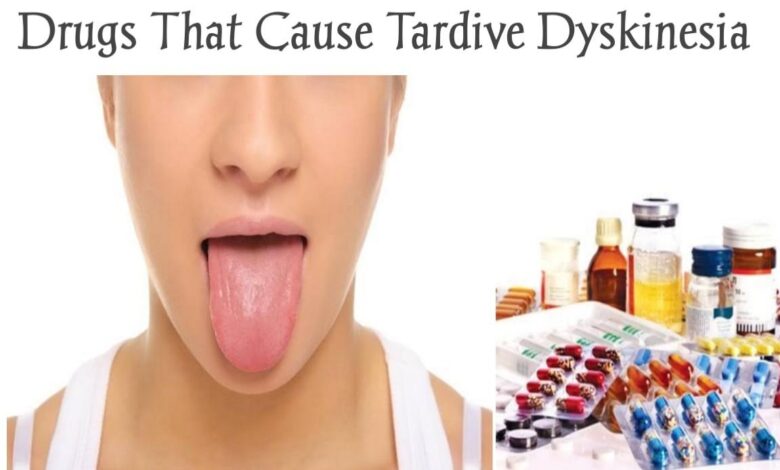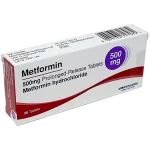List Of 50 Drugs That Cause Tardive Dyskinesia

Tardive dyskinesia refers to a neurological syndrome caused by the long-term use of neuroleptic drugs. Neuroleptic drugs are generally prescribed for psychiatric disorders, as well as for some gastrointestinal and neurological disorders.
Tardive dyskinesia is characterized by repetitive, involuntary, purposeless movements. Features of the disorder may include grimacing, tongue protrusion, lip smacking, puckering and pursing, and rapid eye blinking. Rapid movements of the arms, legs, and trunk may also occur. Involuntary movements of the fingers may be present. It often distresses individuals, physically and emotionally and affects their quality of life.
How Is Tardive Dyskinesia Diagnosed?
Tardive dyskinesia is typically diagnosed by a history and physical exam, noting whether the patient takes dopaminergic antagonist medications.
Diagnosis of conditions that can resemble tardive dyskinesia such as seizure disorders, advanced syphilis, thyroid disease, and Wilson disease is also important.
Tests that may be indicated to diagnose other conditions may include:
• Lab tests such as serum ceruloplasmin, urine copper collection, liver function tests, liver transaminases, copper transporter gene
• Computed tomography (CT) scans
• Magnetic resonance imaging (MRI)
• Positron emission tomography (PET) scans
• Single-photon emission computed tomography (SPECT) scans
• Electroencephalography (EEG)
• Complete ophthalmologic evaluation, including slit-lamp examination
Other tests may be indicated, such as:
• Thyroid function tests to exclude thyroid dysfunction
• Blood tests: chemistry panel, thyroid function tests, and syphilis serology
• Connective tissue disease screening tests
• Red blood cell (RBC) counts
• Serum calcium level

List Of 50 Drugs That Can Cause Tardive Dyskinesia
| Category | Agents |
| Antipsychotic agents (ie, neuroleptics) | Butyrophenones: droperidol, haloperidol, dibenzodiazepines, loxapine Diphenylbutylpiperidines: pimozide Indolones: molindone Phenothiazines: chlorpromazine, fluphenazine, mesoridazine, perphenazine, thioridazine, trifluoperazine Thioxanthenes: thiothixene |
| Newer atypical antipsychotic agents (sporadically linked to TDs) | Olanzapine Quetiapine Risperidone Paliperidone Amisulpride |
| TD = tardive dyskinesia. |
A number of nonneuroleptic compounds are associated with dyskinesias that usually resolve with dose reduction or discontinuance (see Table 3 below).
Nonneuroleptic Medications Linked to Dyskinesias
| Category | Agents |
| Anticholinergics | Benzhexol Biperiden Ethopropazine Orphenadrine Procyclidine |
| Antidepressants | MAOIs: phenelzine SSRIs: fluoxetine, sertraline Trazodone TCAs: amitriptyline, amitriptyline-perphenazine, amoxapine, doxepin, imipramine |
| Antiemetics | Metoclopramide Prochlorperazine |
| Antiepileptic drugs | Carbamazepine Ethosuximide Phenobarbital Phenytoin |
| Antihistamines | Various |
| Antihistaminic decongestants | Combinations of antihistamines and sympathomimetics |
| Antimalarials | Chloroquine |
| Antiparkinson agents | Bromocriptine Carbidopa-levodopa Levodopa |
| Anxiolytics | Alprazolam |
| Biogenic amines | Dopamine |
| Mood stabilizers | Lithium |
| Oral contraceptives | Estrogens |
| Stimulants | Amphetamine Methylphenidate Caffeine |
| MAOI = monoamine oxidase inhibitor; SSRI = selective serotonin reuptake inhibitor; TCA = tricyclic antidepressant. |





